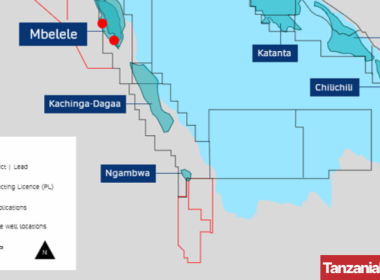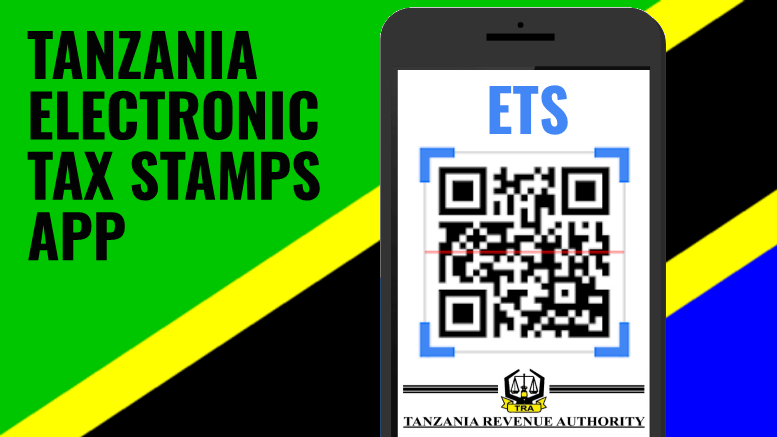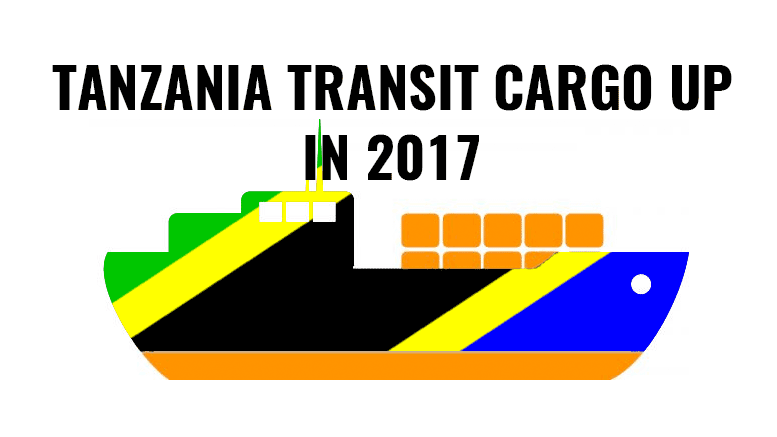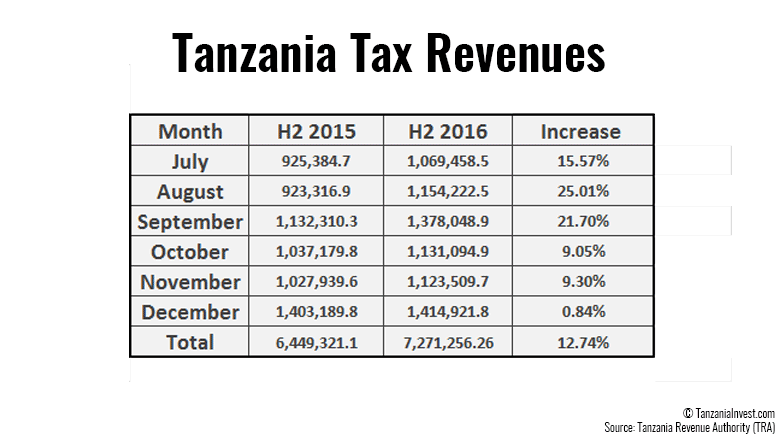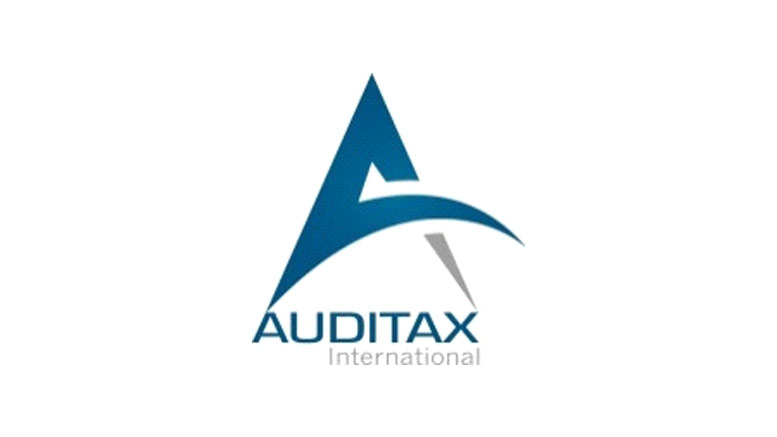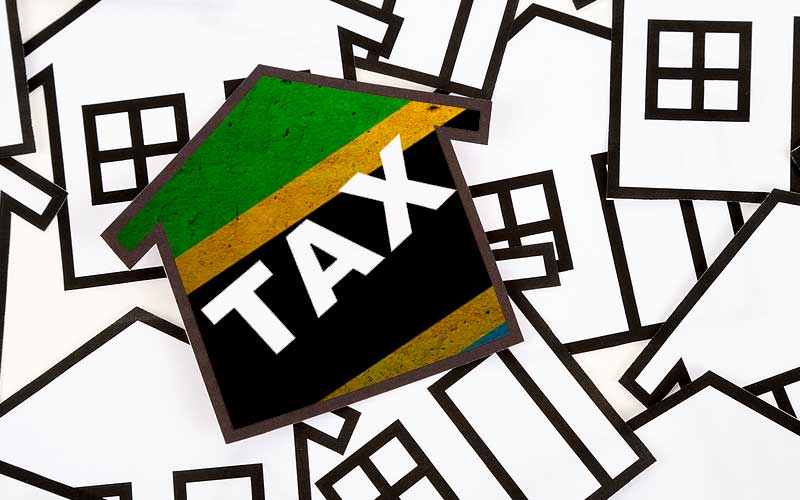VAT
Value Added Tax (VAT) in Tanzania: A Comprehensive Guide (2024)
In Tanzania, Value Added Tax (VAT) is a consumption tax levied on the supply of goods and services. The standard VAT rate is 18%. This guide provides detailed information about VAT in Tanzania, including the VAT Act, VAT registration process, VAT refund procedures, TRA VAT return e-filing, VAT requirements, and the different types of VAT applicable to businesses and individuals.
Whether you are a local entrepreneur, an investor, or a foreign company trading with Tanzania, understanding these aspects is crucial for compliance and efficiency.
Introduction to VAT in Tanzania
Value Added Tax (VAT) is a consumption tax applied to goods and services in Tanzania, whether supplied locally or imported. VAT is charged at each stage of production and distribution where value is added, making it a key tax in the country. It applies to both domestically produced and imported goods and services.
The current standard VAT rate in mainland Tanzania is 18% (15% in Zanzibar), and it applies to most taxable supplies unless exempted or zero-rated under specific conditions. Tanzania’s VAT is governed by the VAT Act of 2014, which outlines the tax structure, rates, and obligations.
VAT is ultimately borne by the final consumer. However, it is collected by VAT-registered businesses, which are required to charge VAT on their sales (output tax) and can deduct VAT paid on their purchases (input tax).
Businesses with an annual turnover exceeding TZS 200 million (TZS 200 million in Zanzibar) must register for VAT.
Scope of VAT: When Does VAT Apply?
VAT is applied to:
- The supply of goods and services in Mainland Tanzania is made by a taxable person during the course of economic activity.
- The importation of taxable goods and services from outside Mainland Tanzania, following customs regulations.
Zero-Rating Applies to:
- Export of goods and services.
- International transport services and ancillary transport services related to goods in transit.
VAT Does Not Apply to:
- Exempt goods and services, such as certain medical services, educational services, and agricultural products.
- Goods and services consumed outside Mainland Tanzania upon proof of export.
Registration for VAT
VAT registration is mandatory for businesses with an annual turnover exceeding TZS 200 million (TZS 200 million in Zanzibar).
Government entities, professional service providers, and certain other entities are also required to register regardless of turnover if they are engaged in taxable economic activities.
TRA’s Commissioner General may register investors as “intending traders”, allowing businesses that haven’t started production of taxable supplies to reclaim VAT on start-up expenses.
To qualify, the investor must provide evidence of their intention to commence a taxable business, such as contracts, business plans, or financing arrangements. Additionally, they must specify when they plan to begin producing taxable supplies.
How to Register for VAT
- Submit the VAT registration form ITX245.02.E manually or online via the Tanzania Revenue Authority (TRA) portal.
- Once registered, businesses receive a VAT registration certificate, including the taxpayer identification number (TIN) and VAT registration number.
VAT Registration for Foreign Companies
Foreign companies supplying goods or services to Tanzania, either directly or through local subsidiaries, may also be required to register for VAT if their activities meet the threshold for taxable supplies in Tanzania.
VAT Rates in Tanzania
1. Standard Rate: 18%
The standard VAT rate of 18% applies to most goods and services supplied in Mainland Tanzania.
2. Zero-Rated Supplies: 0%
Certain goods and services are zero-rated, meaning they are taxable but at a 0% rate. This allows suppliers to claim input tax credits.
Examples of Zero-Rated Supplies:
- Exports: All exports of goods and certain services are zero-rated to promote international trade.
- International Transport Services: Services related to the international transport of goods and passengers.
- Ancillary Transport Services: Services directly associated with goods in transit through Mainland Tanzania, such as loading, unloading, and storage.
3. Exempt Supplies
Exempt supplies are not subject to VAT, and suppliers cannot claim input tax credits on these goods and services.
Examples of Exempt Supplies:
- Financial Services: Including banking and insurance services.
- Educational Services: Services provided by educational institutions.
- Health Services: Medical and dental services.
- Agricultural Products: Unprocessed agricultural produce.
- Residential Accommodation: Rental of residential properties.
4. Special Rates in Zanzibar
In Tanzania Zanzibar, the standard VAT rate is 15%. However, for specific services such as banking, postal, telecommunication, insurance, and digital services, an 18% rate is applicable.
Special Considerations
–VAT registration threshold: Taxable turnover is TZS 100 million and above, as opposed to TZS 200 million in mainland Tanzania.
–Hotels: To be registered for VAT, hotels in Zanzibar should have a charging rate of at least USD 100 and above for accommodation (BB) per person per night.
–Non-resident businesses: Those doing business in Zanzibar without a physical presence are required to register for VAT through a representative.
VAT Exemptions
Some goods and services are VAT-exempt, meaning no VAT is charged on their supply. These exemptions aim to promote specific sectors or reduce the burden on essential goods and services.
Notable VAT-Exempt Goods and Services:
- Healthcare services.
- Education services.
- Agricultural products, including seeds and fertilizers.
- Financial services, such as insurance.
- Residential housing rent.
Special VAT Exemptions for Investors
Investors in the Export Processing Zones (EPZ), Special Economic Zones (SEZ), and companies involved in mining, oil, and gas can benefit from VAT exemptions, provided they meet the specific conditions outlined in their agreements with the government.
VAT Refunds
VAT-registered businesses can claim refunds for excess input VAT when it exceeds output VAT in a specific period. Refunds are processed via an application form (ITX260.02E), accompanied by supporting documents, including a certificate of genuineness issued by an auditor registered with the National Board of Accountants and Auditors (NBAA).
Diplomatic and International Bodies:
Diplomatic missions and international bodies can apply for VAT refunds on goods and services consumed in Tanzania, following approval from the Ministry of Foreign Affairs.
VAT for Foreign Companies Trading with Tanzania
Foreign companies trading with Tanzania may be liable for VAT under the following circumstances:
- Importing goods into Mainland Tanzania.
- Supplying taxable goods or services directly to Tanzanian consumers.
Foreign companies must comply with local VAT regulations, including registering for VAT if their supplies meet the registration threshold. They are also subject to the same VAT rules on claiming input VAT and filing VAT returns.
VAT on Digital Services
Since the introduction of the Finance Act, 2022, foreign digital service providers that supply services to consumers in Tanzania (e.g., streaming, e-learning platforms) must register for VAT and charge VAT on their services, even if they are not physically present in Tanzania.
Payment and Filing of VAT Returns
VAT returns must be filed monthly by the 20th day of the following month. Payments should be made through TRA’s electronic systems, such as the Revenue Gateway. Penalties may apply for late filings or payments.
Examples of Zero-Rated Goods and VAT-Exempt Supplies and Imports
Examples of Zero-Rated Goods:
- Exports of goods.
- Supplies of goods and immovable property to addresses outside Tanzania.
- Exports of taxable services to persons outside the United Republic of Tanzania.
Examples of VAT-Exempt Supplies and Imports:
- Agricultural inputs (e.g., fertilizers, pesticides, fungicides).
- Fishery implements (e.g., fishing nets, vessels for processing fishery products).
- Educational materials (e.g., textbooks, instructional charts).
- Medicine or pharmaceutical products supplied to government entities.
- Health care services.
- Petroleum products and equipment for natural gas.
Recent Amendments to VAT (Finance Act, 2024)
The Finance Act of 2024 introduced several changes to the VAT regime:
- VAT Exemptions on Manufacturing Inputs: To boost local manufacturing, certain raw materials used in local production are now VAT-exempt.
- Zero-Rating on Specific Goods and Services: Goods and services that support priority sectors, such as infrastructure development and health, have been zero-rated for VAT purposes from July 2024 to June 2025.
- Health Insurance Funding: The Act allocates a portion of excise duties on certain products to the Universal Health Fund.
Last Updated: 13th November 2024






